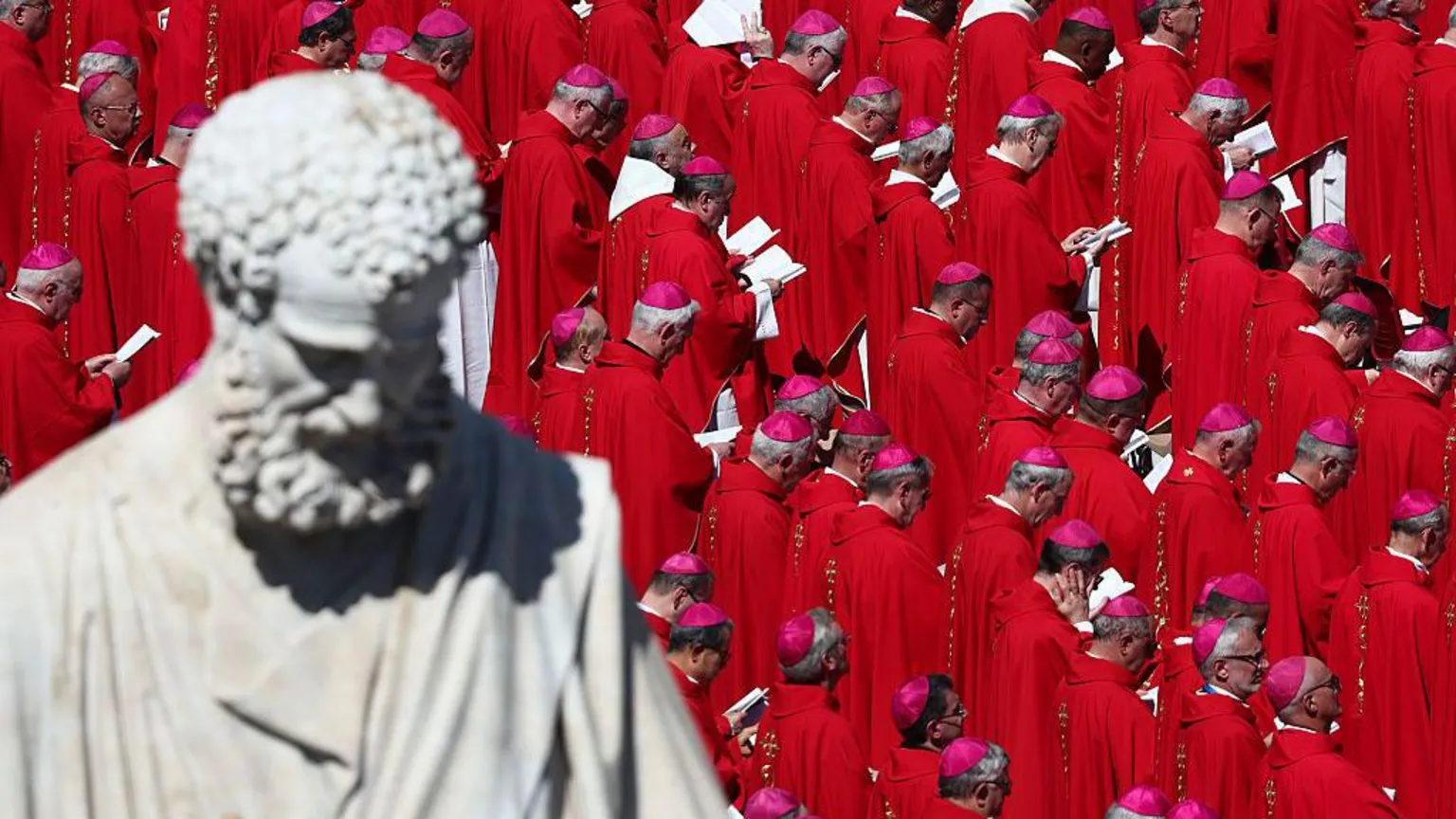As the world awaits the outcome of one of the most consequential decisions in global religious leadership, an extraordinary cloak of secrecy descends upon the Vatican.
This Wednesday, 133 Catholic cardinals will enter the Sistine Chapel to elect a successor to Pope Francis—and the process will unfold in complete silence, sealed off from the world.
Before casting a single ballot, each cardinal swears an oath of “absolute and perpetual secrecy” on the gospels. The same applies to everyone with access to the proceedings—from kitchen staff to medical personnel. Once inside, they vanish into what might be the most secretive and tightly controlled election environment in the world.
Security is not symbolic—it is sophisticated. The chapel and adjoining buildings will be swept for surveillance devices. Electronic jammers ensure that not even a whisper of phone or Wi-Fi signal slips through. “The Vatican takes the idea of isolation extremely seriously,” says John Allen, editor of Crux news site.
All electronic devices are surrendered upon entry—phones, tablets, smartwatches, even fitness trackers. There are no televisions, no newspapers, not even radios in the guesthouse. The windows remain shut, lest a whisper of the outside world interfere with divine deliberation.
The lockdown isn’t just about keeping leaks at bay. It is also a spiritual and psychological shield. By isolating voters from external influence, the Church seeks to create a space where decisions are made not through lobbying or politics, but through prayer, discernment, and what Catholics believe to be the guidance of the Holy Spirit.
“The logic is trust—but verify,” Allen says, reflecting a Vatican philosophy shaped by centuries of internal power plays and external pressures.
Despite technological advances and an age of instant leaks, the Catholic Church’s conclave remains defiantly analog. The ballots are cast on paper, burned afterward in a stove whose smoke signals the result—white for a new pope, black for no decision.
As Monsignor Paolo de Nicolo, former head of the Papal household, puts it: “You can’t even open the windows because many rooms have windows to the exterior world.” The conclave is not just a vote—it’s a sacred enclosure.

